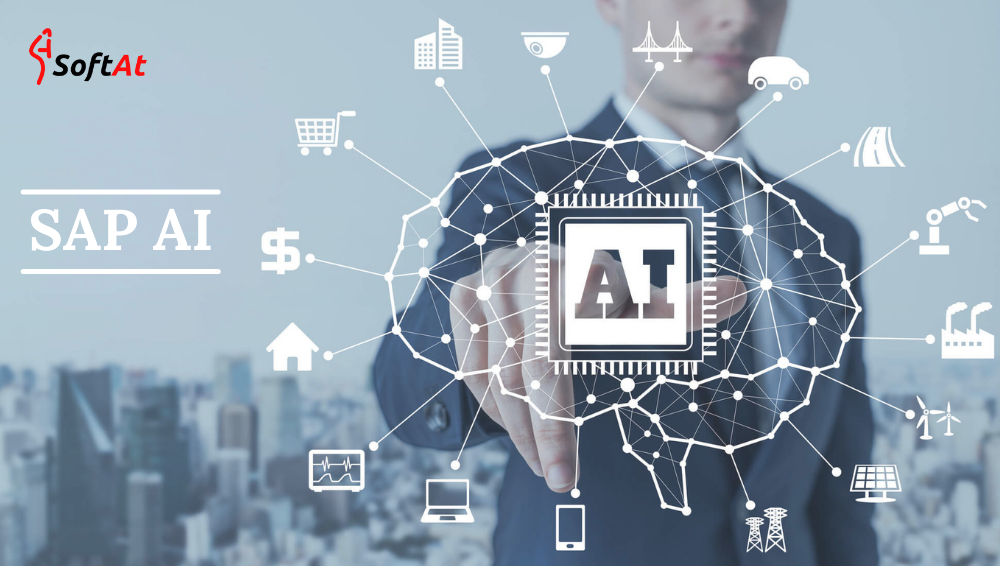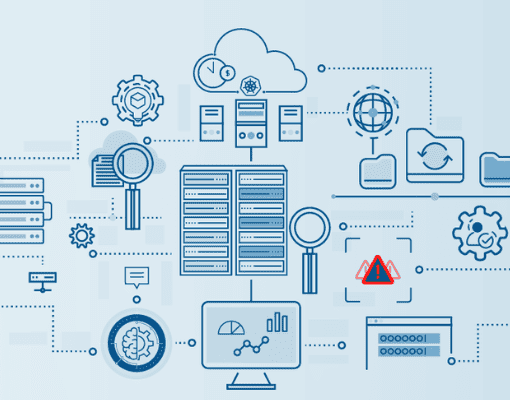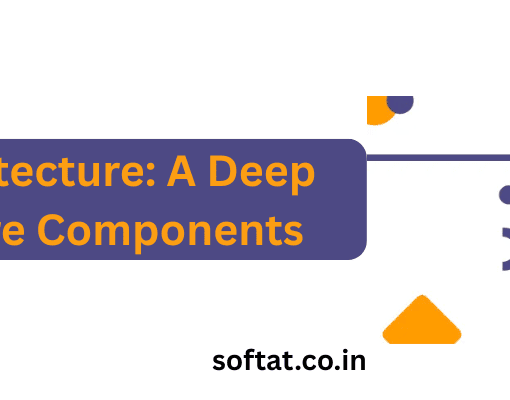
What is Artificial Intelligence?
What is Artificial Intelligence is that it depends on who you ask.
A layman with a fleeting understanding of technology would link it to robots. They’d say Artificial Intelligence is a terminator like-figure that can act and think on its own.
If you ask about artificial intelligence to an AI researcher, (s)he would say that it’s a set of algorithms that can produce results without having to be explicitly instructed to do so. And they would all be right.
So, to summarise, Artificial Intelligence meaning is:
- An intelligent entity created by humans.
- Capable of performing tasks intelligently without being explicitly instructed.
- Capable of thinking and acting rationally and humanely.
Artificial intelligence (AI) makes it possible for machines to learn from experience, adjust to new inputs and perform human-like tasks. Most AI examples that you hear about today – from chess-playing computers to self-driving cars – rely heavily on deep learning and natural language processing. Using these technologies, computers can be trained to accomplish specific tasks by processing large amounts of data and recognizing patterns in the data.
Examples of Artificial Intelligence
- Siri, Alexa, and other smart assistants
- Self-driving cars
- Robo-advisors
- Conversational bots
- Email spam filters
- Netflix’s recommendations
Types of Artificial Intelligence
Reactive machines:
A reactive machine follows the most basic of AI principles. A reactive Machine is capable of only using its intelligence to perceive and react to the world in front of it. It cannot store memory and as a result, cannot rely on past experiences to inform decision-making in real-time. Perceiving the world directly means that reactive machines are designed to complete only a limited number of specialized duties. Intentionally narrowing a reactive machine’s worldview is not any sort of cost-cutting measure, however, and instead means that this type of AI will be more trustworthy and reliable — it will react the same way to the same stimuli every time. a game-playing reactive machine is Google’s AlphaGo. AlphaGo is also incapable of evaluating future moves but relies on its neural network to evaluate developments of the present game, giving it an edge over Deep Blue in a more complex game. AlphaGo also bested world-class competitors of the game, defeating champion Go player Lee Sedol in 2016.
Though limited in scope and not easily altered, reactive machine artificial intelligence can attain a level of complexity and offers reliability when created to fulfill repeatable tasks.
Limited Memory
Limited memory artificial intelligence can store previous data and predictions when gathering information and weighing potential decisions — looking into the past for clues on what may come next. Limited memory artificial intelligence is more complex and presents greater possibilities than reactive machines.
Limited memory AI is created when a team continuously trains a model in how to analyze and utilize new data or an AI environment is built so models can be automatically trained and renewed. When utilizing limited memory AI in machine learning, six steps must be followed: Training data must be created, the machine learning model must be created, the model must be able to make predictions, the model must be able to receive human or environmental feedback, that feedback must be stored as data, and these steps must be reiterated as a cycle.
Theory of Mind
Theory of Mind is just that — theoretical. We have not yet achieved the technological and scientific capabilities necessary to reach this next level of artificial intelligence.
The concept is based on the psychological premise of understanding that other living things have thoughts and emotions that affect the behavior of one’s self. In terms of AI machines, this would mean that AI could comprehend how humans, animals, and other machines feel and make decisions through self-reflection and determination, and then will utilize that information to make decisions of their own. Essentially, machines would have to be able to grasp and process the concept of “mind,” the fluctuations of emotions in decision-making, and a litany of other psychological concepts in real-time, creating a two-way relationship between people and artificial intelligence.
Self-awareness
Once the Theory of Mind can be established in artificial intelligence, sometimes well into the future, the final step will be for AI to become self-aware. This kind of artificial intelligence possesses human-level consciousness and understands its own existence in the world, as well as the presence and emotional state of others. It would be able to understand what others may need based on not just what they communicate to them but how they communicate it.
Self-awareness in artificial intelligence relies both on human researchers understanding the premise of consciousness and then learning how to replicate that so it can be built into machines.
SAP Artificial Intelligence
Incorporate SAP artificial intelligence technology throughout all lines of business in a scalable manner to enable automated, faster, and sustainable corporate processes.
Enhance business relationships in a smooth manner:
With user empowerment, task automation, and contextual data, boost employee productivity and ecosystem engagement.
Increase the value of data in a responsible manner:
Act and innovate with confidence by deploying AI responsibly, making reliable predictions, and supporting data privacy and compliance.
Activate AI across business processes quickly:
Increase efficiency and competitive advantage by integrating, using, and scaling AI technologies from SAP and ecosystem partners at speed and scale.
SAP Artificial Intelligence Solutions and Cloud services
SAP AI Business Services:
Optimize business processes and enrich customer experiences through an intelligent product suite by infusing powerful AI capabilities.
- Access reusable services available on SAP Business Technology Platform
- Simplify integration into your existing landscape
- Reduce manual, repetitive work
- Choose from wide usage possibilities
SAP AI Core:
Execute and produce AI services in a standardized, scalable, and extensible way with SAP AI Core.
- Serve inference requests
- Manage the AI scenario lifecycle
- Implement multi-tenant services
- Integrate your cloud infrastructure
SAP AI Launchpad:
Monitor operations and manage the lifecycle of AI assets in a central place with SAP AI Launchpad.
- Create and manage connections to your underlying runtime environment or AI services
- Explore AI services by viewing scenarios and executables, and create models and datasets
- Set up configurations, executions, and deployments
- Leverage usage analytics
SAP Conversational AI:
Smoothly manage business tasks by implementing powerful conversational AI interfaces with an end-to-end bot-building platform.
- Achieve low-code development and integration with the SAP ecosystem
- Personalize and deliver conversations at scale anytime, anywhere, and on any device
- Utilize proprietary multilingual natural language processing (NLP) technology.
Intelligent Automation with SAP AI
One of the key areas where SAP AI shines is in intelligent automation. Through the integration of AI into core business processes, organizations can automate repetitive tasks, streamline operations, and reduce costs. SAP’s intelligent automation solutions utilize AI to analyze data, identify patterns, and make autonomous decisions. This empowers businesses to enhance the speed and accuracy of their operations, leading to increased productivity and better resource utilization.
Conclusion
SAP Artificial Intelligence represents a transformative force in the business world, enabling organizations to unlock the full potential of their data and optimize their operations. Through intelligent automation, enhanced customer experiences, data-driven decision-making, and industry-specific solutions, SAP AI empowers businesses to stay ahead of the curve in an increasingly competitive landscape. As organizations embrace the power of SAP AI, they open doors to greater efficiency, innovation, and growth, driving their success in the digital era.
To know more about SoftAt Private Limited Services
Click here and add value to your services with our best services possible.





